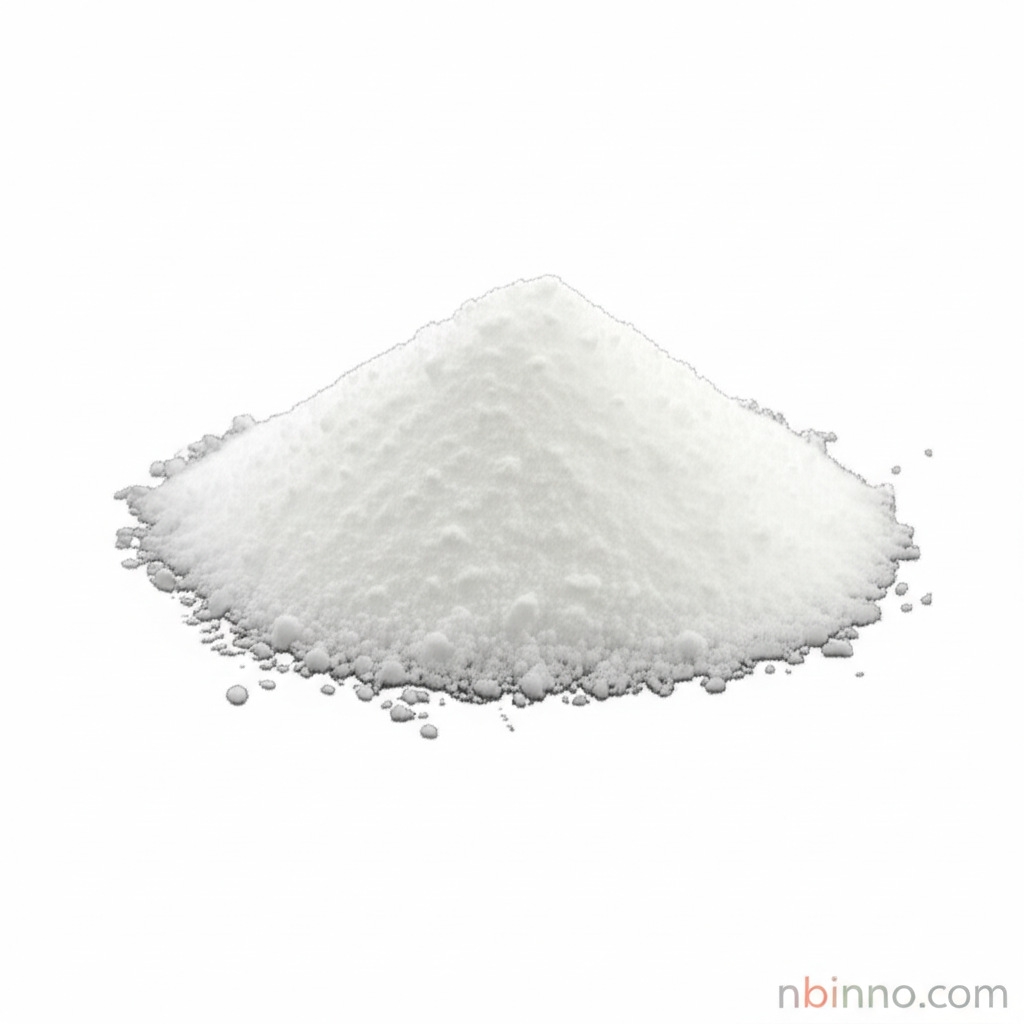Procaine Hydrochloride: Your Guide to Pain Relief and Beyond
Discover the science behind Procaine Hydrochloride, a cornerstone in local anesthesia and a key pharmaceutical intermediate.
Get a Quote & SampleUnveiling the Power of Procaine Hydrochloride

Procaine Hydrochloride
Procaine Hydrochloride is a vital synthetic organic compound renowned for its role as a local anesthetic. Its primary function is to temporarily block nerve fiber conduction, effectively alleviating pain during various medical and dental procedures. This reliable pharmaceutical intermediate offers a significant advantage over historical alternatives like cocaine due to its reduced toxicity and lower addictive potential.
- Understanding the procaine hydrochloride uses in modern medicine is crucial for healthcare professionals seeking effective pain management solutions.
- The procaine hydrochloride mechanism of action involves blocking sodium channels, which is key to its anesthetic properties.
- Exploring procaine hydrochloride side effects and contraindications ensures safe application and patient well-being.
- We delve into various procaine hydrochloride administration methods, from infiltration to nerve blocks, highlighting its versatility.
Key Advantages of Procaine Hydrochloride
Historical Significance & Safety
Procaine hydrochloride synthesis dates back to 1905, marking a significant advancement in medical pain management by providing a safer substitute for cocaine.
Versatile Anesthetic Properties
Its application spans across dental anesthesia and nerve block procedures, demonstrating its broad utility in offering localized pain relief.
Quality Assurance
With a purity exceeding 99% and meeting USP/BP standards, this compound ensures high quality for pharmaceutical and chemical applications.
Key Applications
Local Anesthesia
As a primary local anesthetic, Procaine Hydrochloride is instrumental in providing temporary numbness for minor surgical procedures and dental work.
Infiltration Anesthesia
Used for infiltration, it allows for localized pain reduction by injecting directly into the tissue, a common practice in dental treatments.
Nerve Block Anesthesia
Procaine Hydrochloride is also applied for nerve block anesthesia, targeting specific nerves to numb larger areas, proving essential for limb or facial procedures.
Pharmaceutical Intermediate
Beyond its direct medical use, it serves as a crucial pharmaceutical intermediate, underpinning the production of various medicinal compounds.
